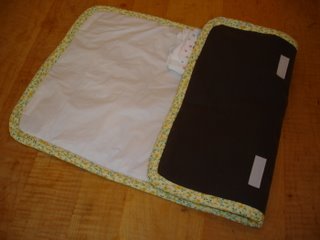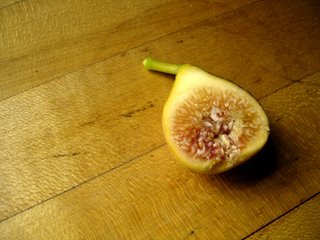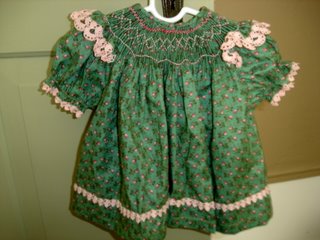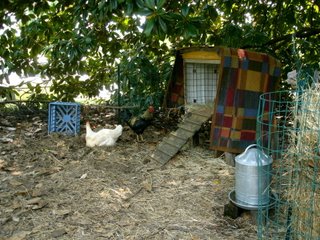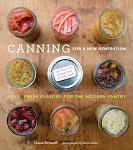I apologize in advance for the sudden (but temporary) shift in tone in this blog, and also for the gross simplifications and uninformed generalizations I'm about to make.
Yesterday, on the recommendation of a woman I met on the Fourth of July, I took the bug to a meeting of La Leche League of Athens, mostly so that she could meet other kids and babies.
LLL International is a fine organization with admirable goals and a reasonable overarching philosophy. Encouraging more women to breastfeed, promoting baby- and family-friendly hospital environments, and working to increase rates of breastfeeding in developing countries where the poor quality of the water or the lack of facilities with which to sanitize bottles makes using formula a true risk to babies' health—these are all good things, two of which (the latter) are worth being inflexible about.
However, the disastrous rigidity of the majority of Athens members' views on the best way to breastfeed and to "parent" in general is why I won't be attending a second meeting or donating to the organization. (I suspect that this chapter is representative of others around the country.) The idea that women who don't breastfeed exclusively, for years, without using an ounce of formula or even a breast pump, and parents who give their babies pacifiers and allow their kids to sleep in their own cribs rather than the family bed, are insensitive and downright cruel is absolutely ridiculous. It might sound like I'm exaggerating these women's positions here for rhetorical effect, but in fact a large part of the discussion yesterday was devoted to a surprisingly bitter us-versus-them rant, the upshot of which was that people who don't do things their way—no bottle, no pacifier, no crib, no disposable diapers—are bad parents who invariably raise coarse, troublesome kids.
Breastfeeding is well on its way to becoming the norm in this country: about
half of children are being breastfed to some extent at three months—and that's great. But that number won't rise significantly (breastfeeding rates among African Americans are much lower than this) unless breastfeeding is
normalized—which I think won't happen until groups like LLL ease up a bit and officially acknowledge that (1) some women find it very difficult or impossible to breastfeed, and even with the guidance of experienced LLL leaders the stress it inflicts on a woman may not be worth it, (2) breastfeeding a little is better than not doing it at all, (3) "nipple confusion" is largely a myth, and (4) breastfeeding can easily be the foundation of any number of widely varying "parenting styles." (Also, it wouldn't kill them to make more than a passing reference in their platform to fathers, and their important role in keeping their children healthy, happy, and well fed.)
One mother at the meeting yesterday had apparently had (and was still having) enormous trouble breastfeeding her now-fourteen-month-old kid; name a problem, she'd had it. The child still wasn't gaining enough weight, and the mom was having to take drugs to increase her milk supply (and not telling her doctor about it). I just wanted to turn to her and tell her to go easy on herself already. She'd done her best, she'd nursed as much as she could, and the immunological advantages after the first few weeks are probably overstated anyway (see Sydney Spiesel's article in March 27's
Slate). Nobody offered this perspective, needless to say (and I was too scared to). The guilt that groups like LLL inspire with their hard-line approach can be tremendous. My old friend from high school wrote to me when she heard I'd had a baby and offered one piece of advice: Don't worry too much about breastfeeding exclusively. She confided that because nursing was so difficult for her and yet she was determined to do what everyone told her was the right thing for her baby, she felt as if she'd missed out on the first three months of her baby's life. When she made the very difficult decision to supplement with formula and her baby started to gain weight, she and her husband were finally able to relax and enjoy being parents.
I've frittered away too much time this morning, and I can't think of a way to gracefully segué to this weird phenomenon I've been noticing lately, which I'll call the cult of attachment. This will probably sound entirely foreign to the few people reading this, but many of the women at the meeting yesterday seemed to be most proud of the things their children wouldn't do without them: one woman's kid begs her every night to sleep with her; another woman's nine-year-old daughter sits on the toilet seat waiting for her mom to finish her shower every morning. There was a fair amount of one-up-manship going on in the conversation, with each mom describing how much more dependent her kid is on her than the last mom's. My own mother, of course, was always proudest of the things I could do on my own: walk to the YMCA in Butte for swimming lessons when I was four, for example. Encouraging self-sufficiency, not the opposite, was kind of the practical goal, and some measure of early independence never detracted in the least from the love and affection and respect my parents and I have always shared. Having a child need you is one of the simplest and greatest pleasures there is, I'm learning; but having to
earn a child's attention and love, which I'll have to do when, soon, the bug won't seem to need me much at all, is a much more complex and (probably) even more rewarding pleasure, one I'm really looking forward to.
There's a lot more to say about all this, but I can tell I'm getting annoying so I'll stop. I'm annoying
myself. Time to make some muffins with the gorgeous homegrown blueberries
Courtney gave me!



